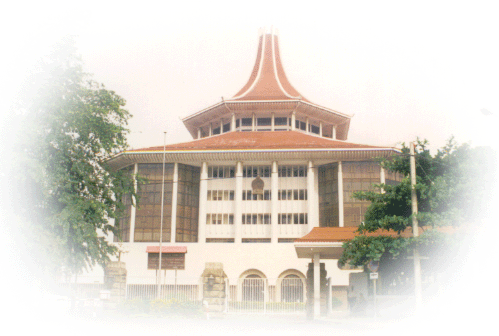Preserving Independence of Judiciary is most important
Recent decisions of the judiciary at the lower and higher levels have instilled greater confidence  in the viability of a system of checks and balances that is necessary in a functioning democracy. The assault on the Secretary of the Judicial Services Commission has occurred in the context of tensions being reported between the executive and judicial branches of government. It has led to a crisis with judicial officers and lawyers boycotting court sittings.
in the viability of a system of checks and balances that is necessary in a functioning democracy. The assault on the Secretary of the Judicial Services Commission has occurred in the context of tensions being reported between the executive and judicial branches of government. It has led to a crisis with judicial officers and lawyers boycotting court sittings.
Even though the National Peace Council is encouraged that the government has condemned this assault and the President has ordered a police investigation into the incident, we would like to see that investigations are concluded speedily and the culprits brought before a judicial process without delay. This will not only ensure the safety of judicial officials but enhance greater respect for the rule of law.
At the present time several important cases are before the courts of law which could have long lasting repercussions on the future of the country. In our view the most important of these is the legal challenge to the Divineguma bill which seeks to concentrate power in the central government at the expense of provincial councils. We trust that the Judiciary would stand its ground and not back down until the issue has been satisfactorily resolved and justice done.
If investigations on the attack carried out on the Secretary of the Judicial Services Commission lead to political hands behind it, those responsible for instigating such violence and crime should be exposed so that safe spaces can be created for members of the judiciary and politicians who espouse nonviolent politics in the country. This will help strengthen the democratic process and also help to outlaw violent politics in Sri Lanka.
Governing Council
The National Peace Council is an independent and non partisan organization that works towards a negotiated political solution to the ethnic conflict in Sri Lanka. It has a vision of a peaceful and prosperous Sri Lanka in which the freedom, human rights and democratic rights of all the communities are respected. The policy of the National Peace Council is determined by its Governing Council of 20 members who are drawn from diverse walks of life and belong to all the main ethnic and religious communities in the country.
